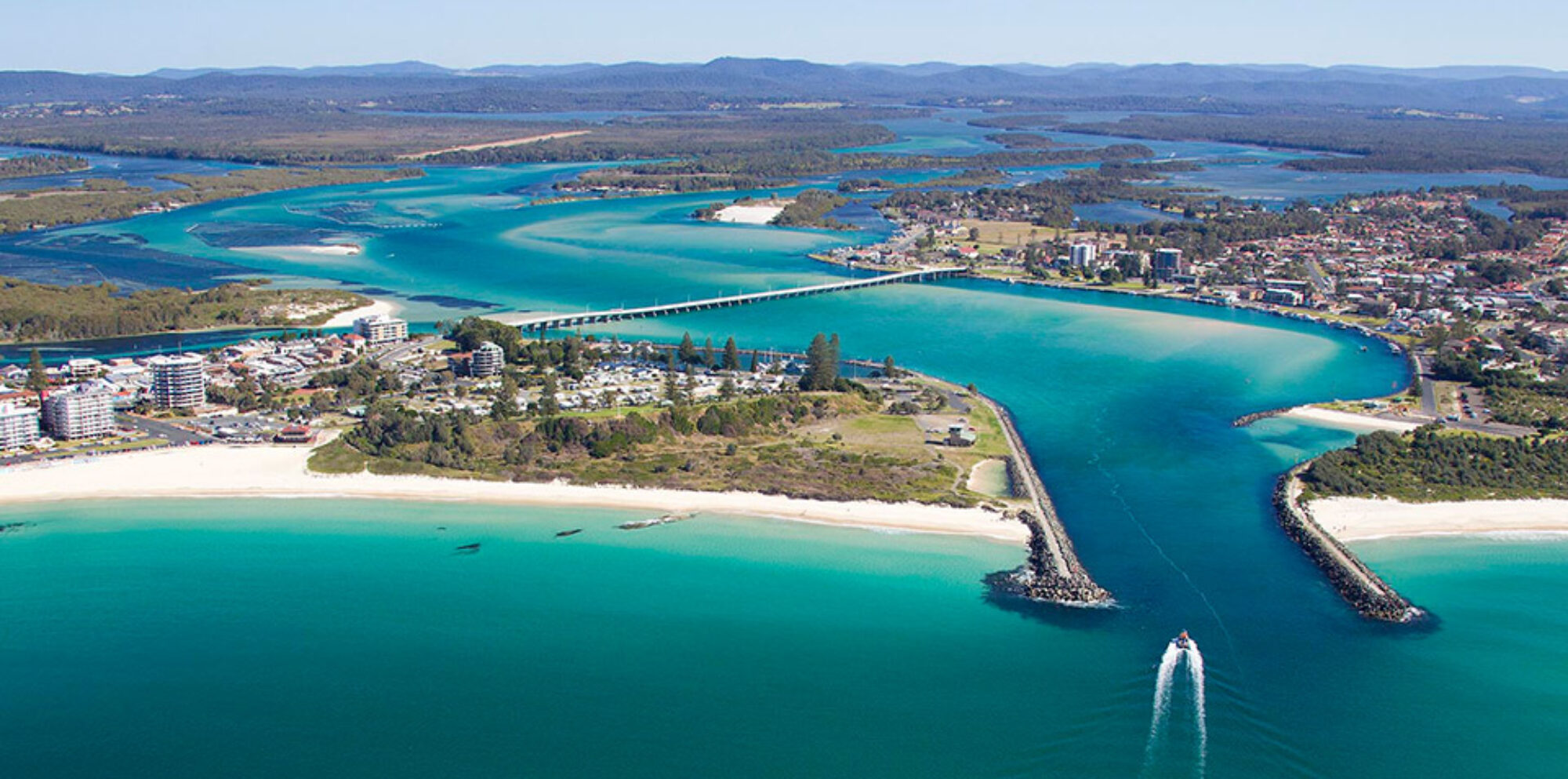Planning the foods to be eaten in any outdoor activity can be an important part of the success of the trip, particularly when involved in an extended activity such as a multi- day bushwalk. There are a few things to think about when planning food for such an activity: calories and nutrients, food weight, how to store food to prevent food perishing and finally, taste.
When involved in any outdoor activity, our energy demands dramatically increase. People who walk 15- 20km a day will expend up to 5 times the amount of energy they would in their normal lives. As a result, it is important to change our thoughts around food. Burning up this amount of energy means that we do not have to think about avoiding some foods because they may “make us fat”. In fact, it is the opposite. High density foods high in energy are what our body needs. We need those foods that are high in sugar, high in fat.
Carrying this amount of food would be difficult as it can be very heavy. As a result, dehydrated foods can be a vital part of a bushwalkers diet. Removing the water from foods can dramatically reduce the weight of foods. It also has the added benefit of reducing the chances of food being spoiled, as bacteria requires water to live. There are many options available for dehydrated foods and with some planning, high quality, high energy foods can be made while camping (see link below for one example of a shop dealing with dehydrated foods).
Camp Food | Wildfire Sports & Trek
A good guide to preparing food for a multi- day bushwalk can be found below.
Australian Hiker | Food on the Trail, a Beginner’s Guide
